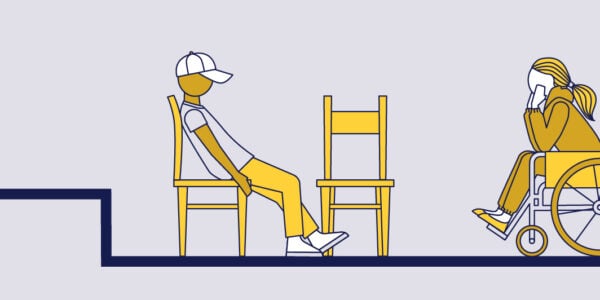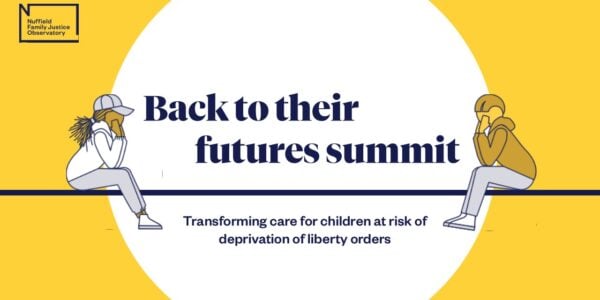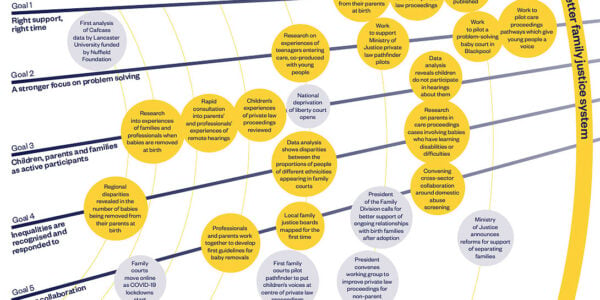Today a study from UCL, funded by the Nuffield Foundation, reveals the intergenerational impact of being taken into care, the long shadow cast on an individual’s life and that of their subsequent children, as well as the circumstances that support resilience in such adversity.
For judges, lawyers, social workers and other professionals, the research provides rare glimpse into what happens after care proceedings are concluded.
The researchers found that mothers who were in care during their childhood were at greater risk of mental health difficulties than their peers who hadn’t experienced care, with their children also experiencing higher rates of psychological problems. However, there was evidence of resilience among care leavers. Although they were more likely to experience multiple disadvantages in health, education and employment, more than a quarter of mothers who grew up in care went on to gain educational qualifications and have stable employment.
The research involved mothers and their children taking part in the Millennium Cohort Study, which follows people born across the UK between 2000 and 2002. Of the more than 18,000 mothers included in the analysis, around 300 (1.7%) reported that they had lived in a children’s home or in foster care during childhood.
Find out more about the research and read the full report, policy recommendations and project outputs on the Centre for Longitudinal Studies website – www.cls.ucl.ac.uk/childrenofcareleavers








